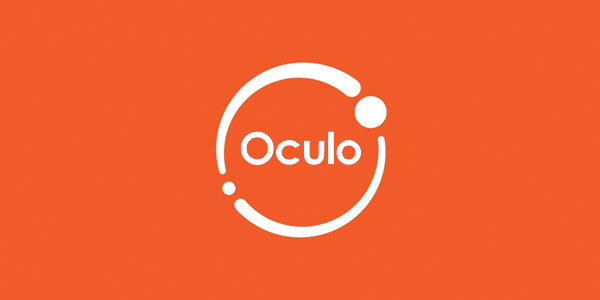1:30min

By Helen Carter
Journalist
The coronavirus lock-down and resulting temporary closure of some optometry practices is the ideal time for optometrists to start using telehealth for patient consultations. We are making this easier for members by providing free access to Oculo and its new video platform to support secure video-conferencing but only if you respond to the offer by this Friday, April 17, 2020.
Optometry Australia members have until Friday to apply for six months’ free access to the Oculo platform. As a service to help members during the COVID-19 pandemic, Optometry Australia has partnered with Oculo and will, until October, pay the Oculo fees for all Optometry Australia members who apply for this offer. There are no hidden costs and the deal applies to members and practices who currently do not have a business agreement in place with Oculo.
Oculo is a cloud-based platform designed to share clinical imaging, referrals and other clinical correspondence securely and instantly between health care professionals.
It also now offers a video platform to support secure videoconferencing for teleophthalmology and teleoptometry, enabling telehealth consultations between optometrists, ophthalmologists and their patients. Oculo introduced this video platform to help protect eye care professionals and their patients during COVID-19.
The secure, high fidelity, stable service connects patients with optometrists and ophthalmologists, so that they can connect with each other and with their patients while reducing the need for in-person consultations. The offer will also enable optometrists to refer patients to other optometrists who may be providing services during COVID-19 that they are not.
Optometry Australia’s Member Support and Policy Advisor, optometrist Ben Hamlyn said: ’Telehealth optometry means patients who wake up with a sore eye, break their glasses or need another contact lens script for example, could access a tele-optometry consult to obtain the help they need. Many optometrists’ patients are elderly and have chronic medical conditions so being able to conduct a consult with them online also means they can avoid going out and risking coronavirus exposure.
‘Telehealth requires a stable, reliable platform, easy for patient and provider to use which integrates well with optometrists’ existing systems for efficiency. Oculo provide this and also enables transfer of data, scans and referral letters, which is very useful when working with ophthalmologists.
‘Importantly it is easy for patients to use – the optometrist just emails a link for the patient to click on to start the consultation.
‘This is another way Optometry Australia is looking to support its members during these difficult times.’
To participate in the offer, members must update their member profile at by close of business AEST Friday April 17 and flag if they or their practice are, or will, offer telehealth services, during the COVID-19 pandemic.
Tele-optometry enables members to assess a patient’s care needs and identify if they can be managed through a tele-health consult, require a face-to-face examination by an optometrist or need referral to tertiary care. In some cases, it may be appropriate to seek ophthalmology advice on patient management or support a tele-ophthalmology consult.
Optometry Australia has also developed a Guide to providing tele-eye care for optometrists.
Telehealth survey seeks responses
Meanwhile Deakin University, School of Medicine (Optometry) is undertaking a research study on telehealth for eye care (teleophthalmology) and is seeking optometrists’ input.
Professor of Optometry, Optometry Course Director and Head of Vision Science James Armitage said: ‘The advent of the COVID-19 virus has seen an increase in awareness of telehealth as an alternative treatment model which has the potential to reduce the exposure of vulnerable and older populations who would otherwise need to visit a specialist at their practice. Teleophthalmology may be suited to adopting this treatment modality more frequently, not as a replacement, but as a viable adjunct to in-person consultations with an ophthalmologist.’
The researchers are seeking optometrists’ assistance with the first phase, data collection, which aims to understand optometrists’ knowledge, experience and intentions toward the uptake and future practice of teleophthalmology as a viable adjunct to in-person consultations with a specialist.
The survey takes about 15 minutes to complete. Participation is voluntary, responses are anonymous and will remain confidential.
The study has received Deakin University ethics approval. Access Plain Language Statement – Teleophthalmology study .
Complete the questionnaire at Teleophthalmology study survey – Deakin University
Tagged as: Patient management